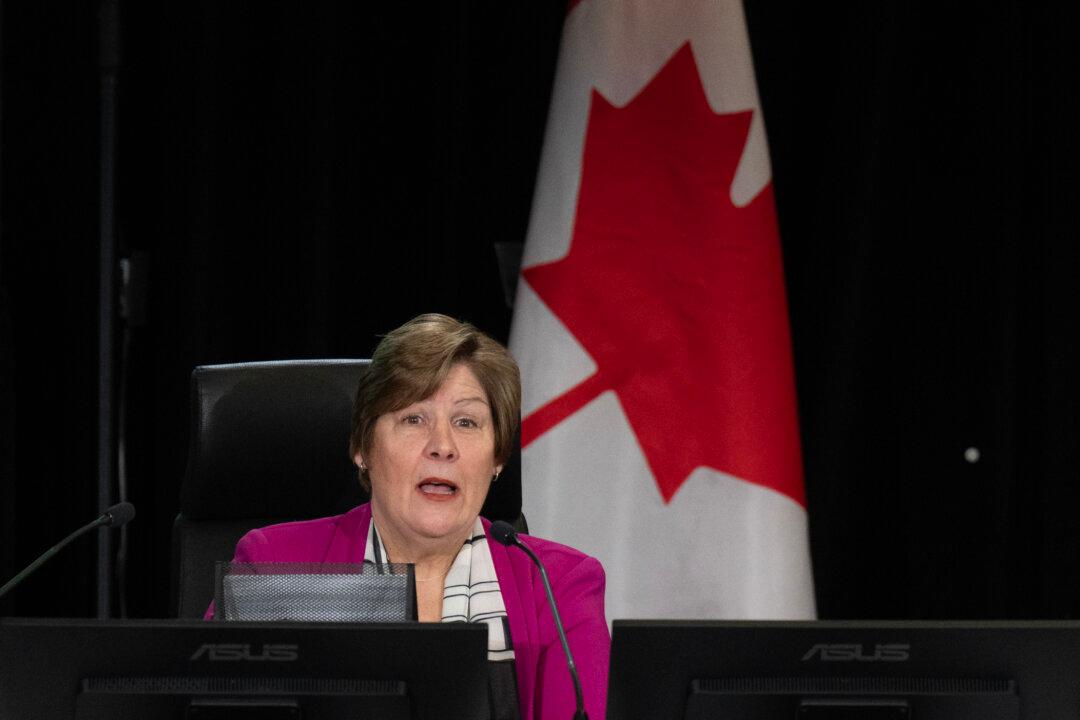OTTAWA—Foreign interference in Canada’s elections undermined the rights of voters, concludes the Foreign Interference Commission’s initial report, adding that China is the most serious threat to Canada when it comes to foreign interference.
“Foreign interference is not done by just one country. However, China currently stands out as the most persistent and sophisticated foreign interference threat to Canada,” reads the report released on May 3.





